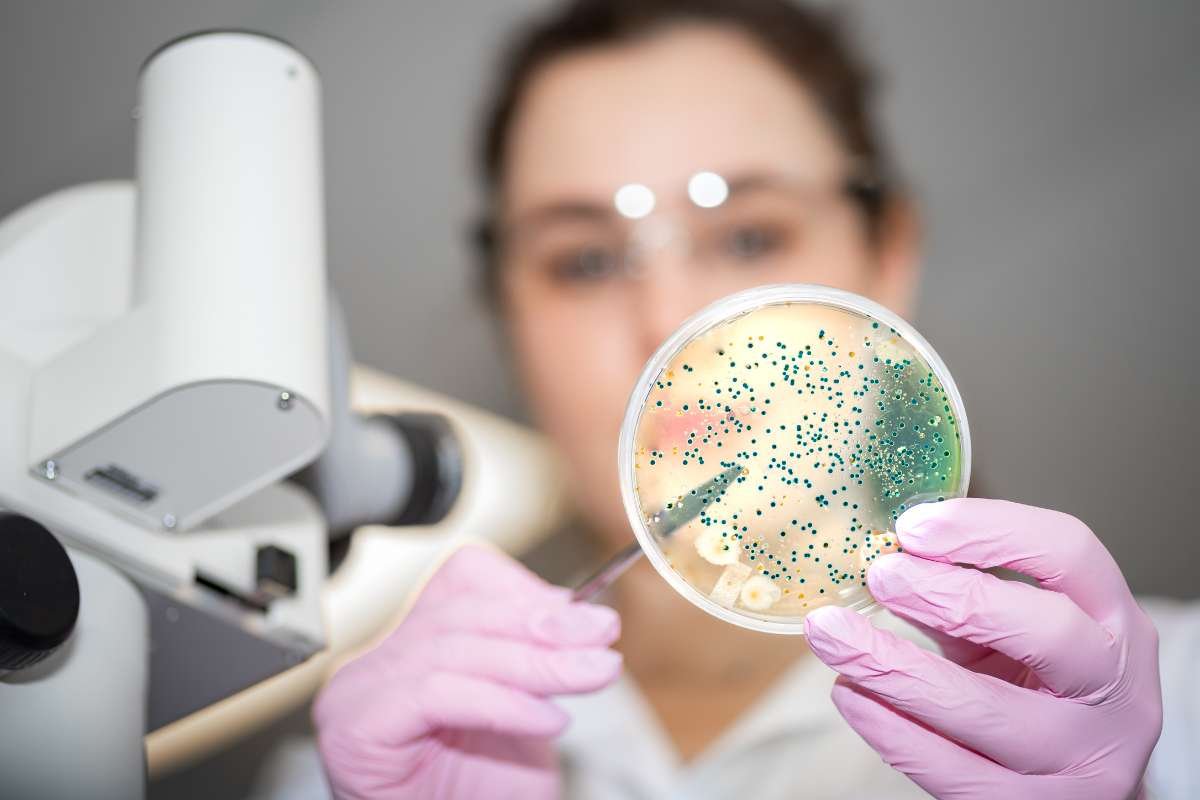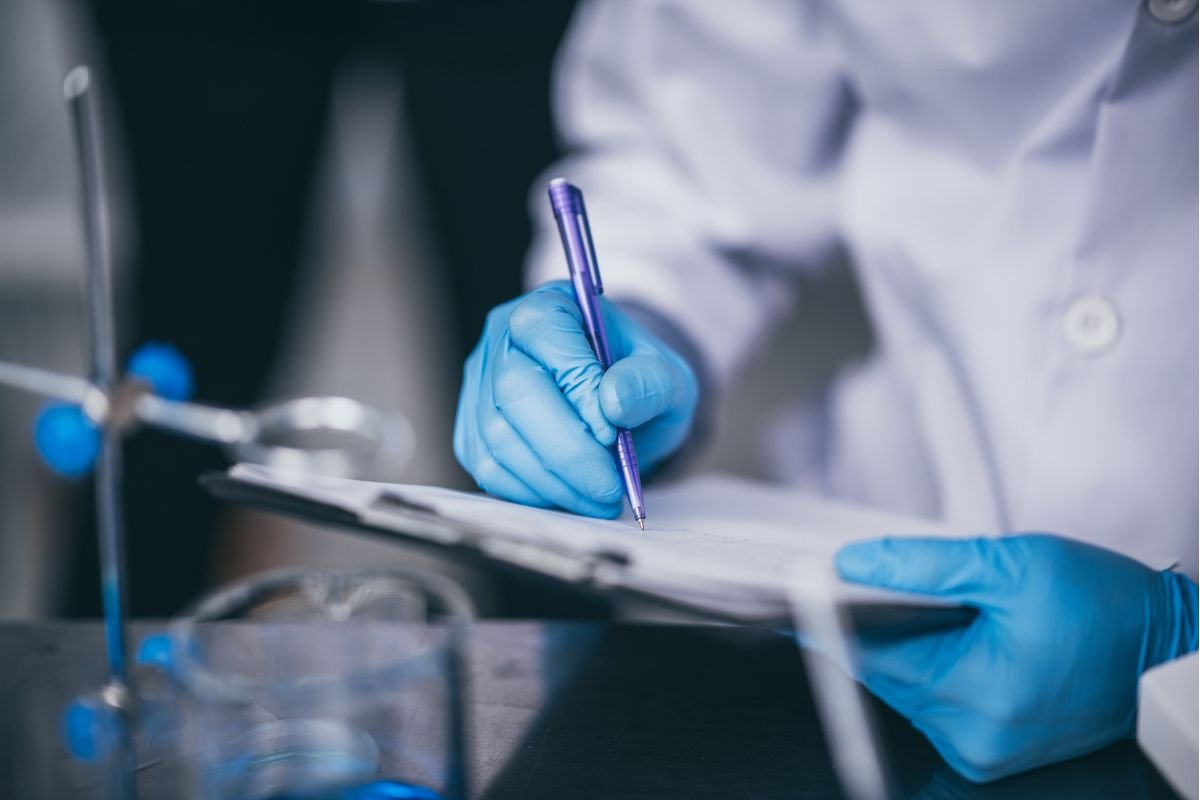According to a research article released on Thursday, pulse oximeters regularly overestimated blood oxygen levels in darker-skinned Covid patients, causing delays in therapy and hospital readmissions.
The coronavirus pandemic’s initial years, when hospitals were overrun with Covid patients, were the subject of the research. Blood oxygen levels at the time played a significant role in determining which patients received care and ended up in the few available hospital beds.
About 24,500 individuals had their blood-oxygen levels first assessed with a pulse oximeter using a fingertip, after which blood was collected and examined to further examine those levels. Researchers from Baylor College, Johns Hopkins University, and HCA Healthcare reviewed these Covid patients’ cases.
These researchers and other professionals have expressed worry over the fact that Covid patients with darker skin pigment frequently produce inaccurate pulse oximeter readings when using a fingertip. Federal officials have already looked at the problem, and some work is being done to figure out how to get readings that are more reliable.
The readings have an impact on patient care, which is why it matters.
Pulse oximeter readings are frequently used and assist clinicians in determining the best course of treatment for a variety of ailments, such as heart failure, sleep apnea, and respiratory problems. An oxygen saturation level in the blood of at least 95% is considered typical for a patient in excellent health. Patients may appear healthy on paper if the readings are artificially high, but they may not receive the proper degree of care.
Researchers anticipated that the Covid patients in the study published Thursday in JAMA Network Open would do better since their doctors felt that a more accurate measurement of their blood-oxygen levels was necessary. (The majority of patients’ fingertip readings are never verified by drawing blood.)
Covid patients were considered to have an unrecognised requirement for Covid treatment if their fingertip pulse oximetry value was 94 percent or above but their blood tests revealed lower levels. It was discovered that black individuals had a roughly 50% higher chance than white patients of having their disease go undiagnosed. Patients from Hispanic backgrounds had an unmet demand 18% more frequently than patients from white backgrounds.
“That’s the patient population that we’re really, really concerned about,” said Dr. Ashraf Fawzy, an author of the study and an intensive care specialist at Johns Hopkins.
The type of fingertip pulse oximeter used in hospitals and available only with a prescription has been approved by the Food and Drug Administration. Early in 2021, the agency released a safety communication outlining the problems. Researchers presented findings at a hearing held in the autumn before an expert panel that suggested the device would contribute to the widening of health disparities for individuals with darker skin tones.
Through its so-called 510(k) programme, the government gave those gadgets the green light after subjecting them to some additional examination. Because the standards for clearing devices are often lower than those for the agency’s approval of new pharmaceuticals, the programme has come under fire over the years.
The F.D.A. mentioned during the hearing in November that over-the-counter pulse oximeters are even less regulated, which prompted agency experts to demand warnings for consumers who use the devices to assess their own respiratory health.
What Comes Next: The FDA vows more investigation.
The Food and Drug Administration (F.D.A.) said on Thursday that it planned to publish a discussion paper to solicit input on the matter and call another meeting with experts to discuss possible solutions. The F.D.A. has not yet made any major changes to how it regulates pulse oximeters.
The government stated in a statement that making sure oximetry device performance is fair and accurate for all U.S. Covid patients is a top priority. The development of an improved pulse oximeter has also started.
But for now, Dr. Fawzy advised that when considering a pulse-oximeter reading, medical professionals should rely on their general assessment of a patient’s condition.
“It’s important for us to recognise that this device may lead to clinical decisions that are inaccurate,” he added. “Or that we may be under-treating certain people or under-recognizing their needs.”











